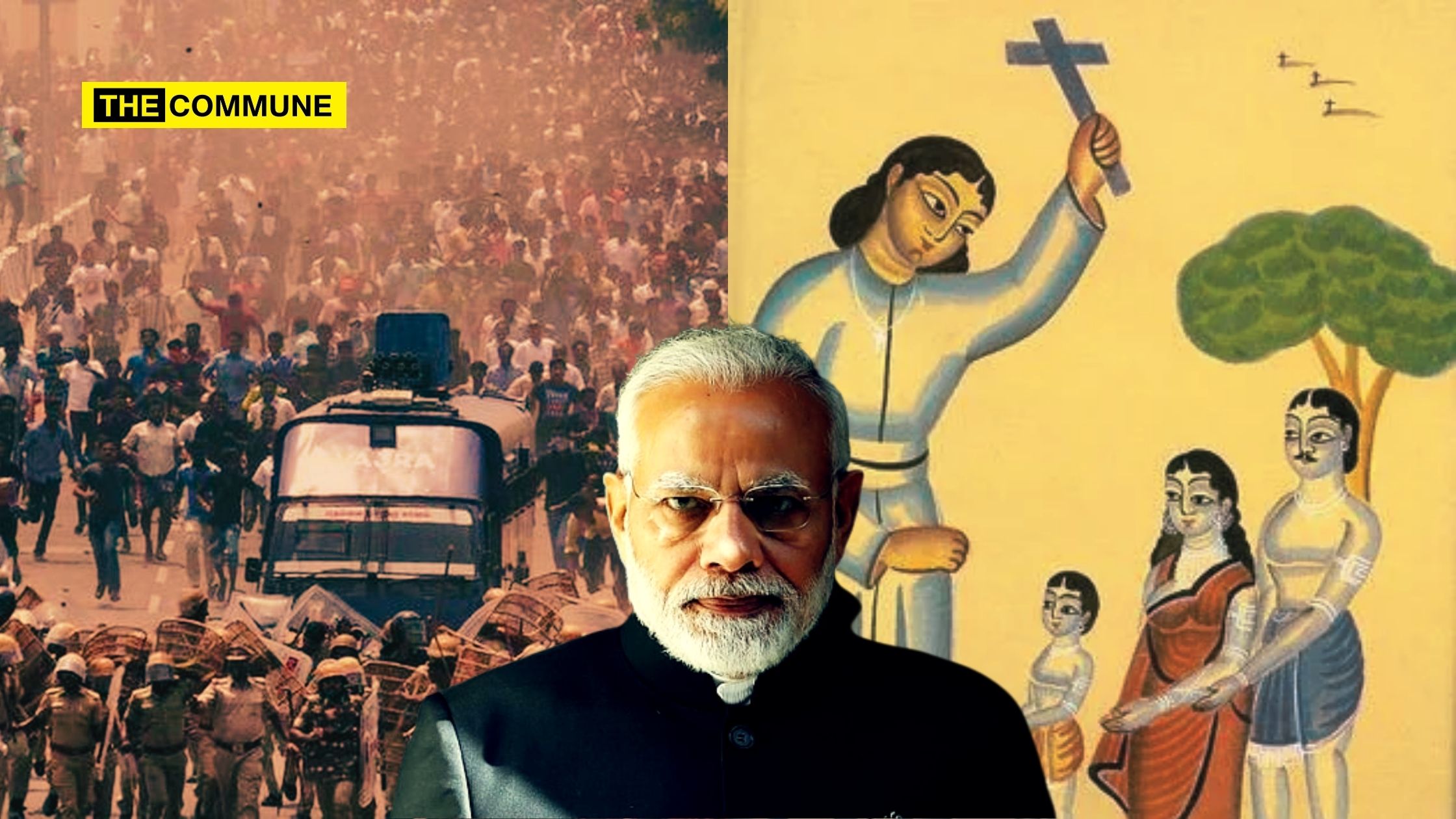
In a first, the Union Ministry of Home Affairs (MHA) has publicly detailed the grounds for denying Foreign Contribution Regulation Act (FCRA) clearances to non-governmental organizations (NGOs). The reasons, outlined in a note issued on 8 November 2024, include activities seen as anti-development, alleged involvement in religious conversions, attempts to incite protests with malicious intent, and potential affiliations with radical groups. The decision comes after several NGOs requested clarification on the specific reasons for their applications being declined.
The ministry’s note serves as a “consolidated” list of reasons behind FCRA denials, though it refrains from identifying specific NGOs or citing individual cases. “The ministry has received representation from some of the associations stating that reasons for denial of their application are not clear,” the MHA explained in the note. “The matter has been examined and it is decided to disseminate the consolidated reasons of denial of renewal/registration applications for benefit of applicant associations.”
The clarification follows the cancellation of FCRA licences for prominent organizations, such as the Centre for Policy Research (CPR), accused earlier this year of violating FCRA provisions. The MHA has also revoked FCRA licences of five NGOs: Church of North India-Synodical Board of Social Service (CNI-SBSS), Voluntary Health Association of India (VHAI), Indo-Global Social Service Society (IGSSS), Church Auxiliary for Social Action (CASA), and Evangelical Fellowship of India (EFI).
According to the MHA, additional reasons for denying FCRA clearance include:
- Concealing information on application forms
- Pending legal prosecutions against any office bearer(s) of the NGO
- Findings from field inquiries that indicate a lack of reasonable activities by the NGO over a two- to three-year period
- Refusal to provide necessary clarifications
- Incomplete information on the addresses of office bearers or members
For NGOs seeking FCRA renewals, the MHA will also consider how foreign funds were allocated and whether they aligned with the organization’s stated objectives over the past five years. Renewal may be refused if financial documents show discrepancies if annual returns are not uploaded as required, or if funds have been misused.
The MHA’s data indicates that currently, 16,023 NGOs possess valid FCRA licences, while 20,711 organizations have had their licences canceled.
The government has progressively increased scrutiny of foreign-funded NGOs since 2020. This includes canceling the licences of the Rajiv Gandhi Foundation (RGF) and Rajiv Gandhi Charitable Trust (RGCT) in 2022, accusing them of FCRA violations. Between 2019 and 2022, the MHA’s FCRA unit conducted inspections or audits of at least 335 NGOs and associations to ensure compliance with foreign funding regulations.
Following amendments to FCRA in September 2020, restrictions were further tightened. The revised law prohibits public servants from receiving foreign contributions, mandates Aadhaar identification for all NGO office-bearers, and limits the use of foreign funds for administrative costs to 20% (down from the previous 50% cap). The government’s stance reflects an intensified approach toward ensuring transparency and compliance in the operation of foreign-funded NGOs in India.
(With inputs from Hindustan Times)
Subscribe to our channels on Telegram, WhatsApp, and Instagram and get the best stories of the day delivered to you personally.




